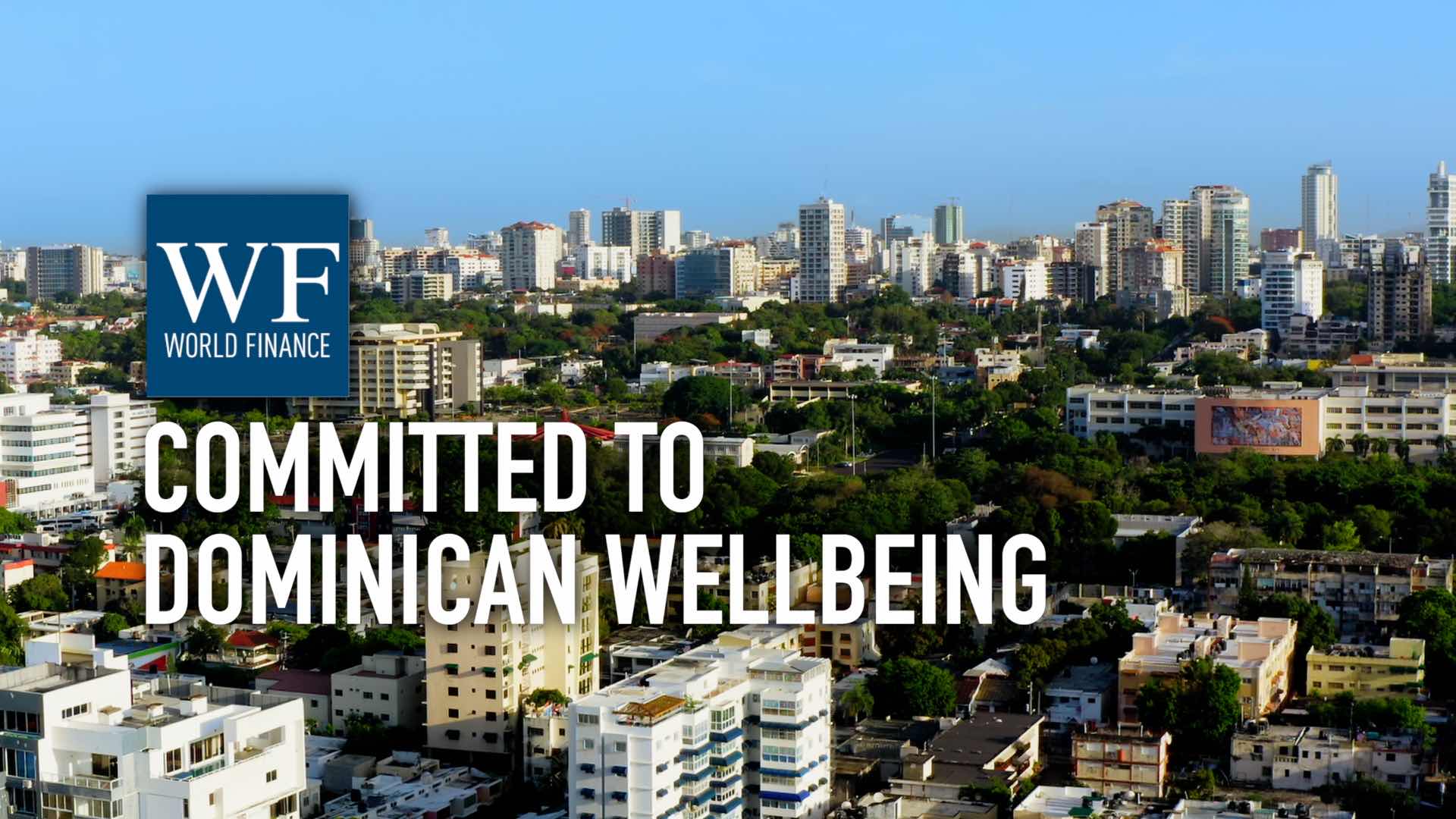BanReservas unlocks the Dominican Republic’s banking potential
World Finance speaks to Enrique Ramírez, CEO of BanReservas, about how the Dominican Republic’s state-owned bank is changing its strategy by putting the client first
Related:
Transcript
The Dominican Republic’s economy is growing five percent each year – double the regional average – but more than half of Dominicans are unbanked, and the country’s potential could be much greater. BanReservas is the Dominican Republic’s state-owned bank. World Finance speaks to its latest CEO, Enrique Ramírez, about how the bank is restructuring to better serve the Dominican people.
Enrique Ramírez: For me it seems like I’ve been here for many years, not just one. And for the whole team, too.
We were on the opposite side for many years; I’ve been 30 years in banking so I’ve been in the private sector for many years.
We found an institution that was structured without the client as a key, as a centre, of the strategy. And we are preaching to everyone that the clients, our clients, including the government among our clients, are the purpose and the reason of this institution. And that we have to serve them; provide them with the quality and satisfaction that they are expecting from us.
[W]e are preaching to everyone that the clients, our clients are the purpose and the reason of this institution
World Finance: Meeting the Dominicans’ expectations means investing heavily in financial education.
Enrique Ramírez: We have a programme we call Preservas: it’s focused on our clients, and for people who do not bank with anyone.
It’s also for people who do have bad experiences in the past. And we want to help them, in order to prevent them making the same mistakes that they did in the past.
We have to work with them, we have to accompany them, in order to instruct, and teach them how to catalyse their needs. And what are their needs – that they really have? Because some of them do not know what they really need. And that is why they don’t have the capacity to access the banking system.
We have to be more flexible, in order to be able to provide them with opportunities. This is part of the role of a state-owned bank, in order to educate and make possible for people. Because if we have people more educated, we will have people saving, we will have people investing properly, we will have people budgeting.
So it’s better for the country and all the banks, the whole system, will benefit from that initiative.
World Finance: Enrique was appointed by the country’s President Danilo Medina, and they work together on issues of financial inclusion, including policies to support small businesses.
Enrique Ramírez: We are working on a new law for PEMIS – the name for small businesses here – and definitely BanReservas as we are the only financial institution that covers the whole island. We have presence in all provinces.
So it’s easier for us, and for the government, to catalyse the initiative through BanReservas. And we’re working very hard with the group that is working on the new law for establishing and putting in a solid base, for small entrepreneurs.
We’re focusing on agribusiness, we’re focused on companies that do have the potential to make exports of Dominican products. We’re also supporting and doing our homework, with a lot of other areas in the commercial, retail business, the small retail business, in order to provide them with the proper platform to develop their business.
World Finance: The government also turns to BanReservas to invest in large infrastructure projects.
We do have strong institutions, a strong name, and we just want to make Dominicans feel proud
Enrique Ramírez: We are participating with the government in the new generators that are built, starting this year. We are participating in the highway infrastructure, and we are also participating in the different programmes that are defined for the government as their key programmes.
So that’s part of the role we have to fulfil. However, historically, the lowest level of our portfolio is to the government. 63 percent of our portfolio is private now and the remaining 37 percent is the government. Usually it was the opposite.
World Finance: The renewed BanReservas, like the Dominican Republic, is growing steadily. But there’s still more work to do to unlock its full potential.
Enrique Ramírez: BanReservas is continuing its process of transformation. We do have strong institutions, a strong name, and we just want to make Dominicans feel proud. We call it the Bank of the Dominicans and that’s what we want. We want to consolidate our position, and be able to provide the services that the community needs.
We put the client at the centre of the institution. We segmented the bank according to the different type of customers. We restructured the organisation of the bank in order to make it more friendly and be easier to communicate among the different areas. We consolidated areas in order to make faster decisions, the process of decision making in the whole institution.
We want to change and to attract a younger generation of Dominicans, in order to guarantee that we will have BanReservas providing service in the future. Not considered as the government bank, or the bank that is for old people – no. We want to change the image, we want to improve the capacity of Dominicans, so that they can trust BanReservas, and they can count on BanReservas.

 Banco Popular Dominicano: Digitalising Dominican finance
Banco Popular Dominicano: Digitalising Dominican finance Banco Popular: Caring for the aspirations of the Dominican Republic
Banco Popular: Caring for the aspirations of the Dominican Republic
